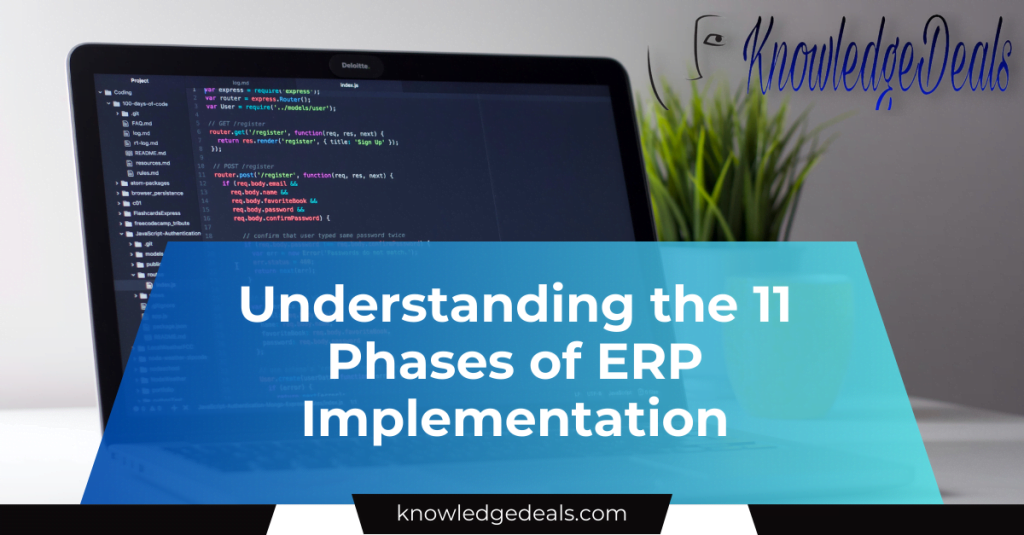5 Key Risk Management Strategies for ERP Implementation
[ad_1] In this article, we will discuss the five key risk management strategies for successful ERP implementation. Enterprise Resource Planning (ERP) systems are essential for improving business operations, but the implementation process can be complex and prone to risks. By understanding and mitigating these risks, organizations can ensure a smooth and successful ERP implementation. What […]
5 Key Risk Management Strategies for ERP Implementation Read More »



